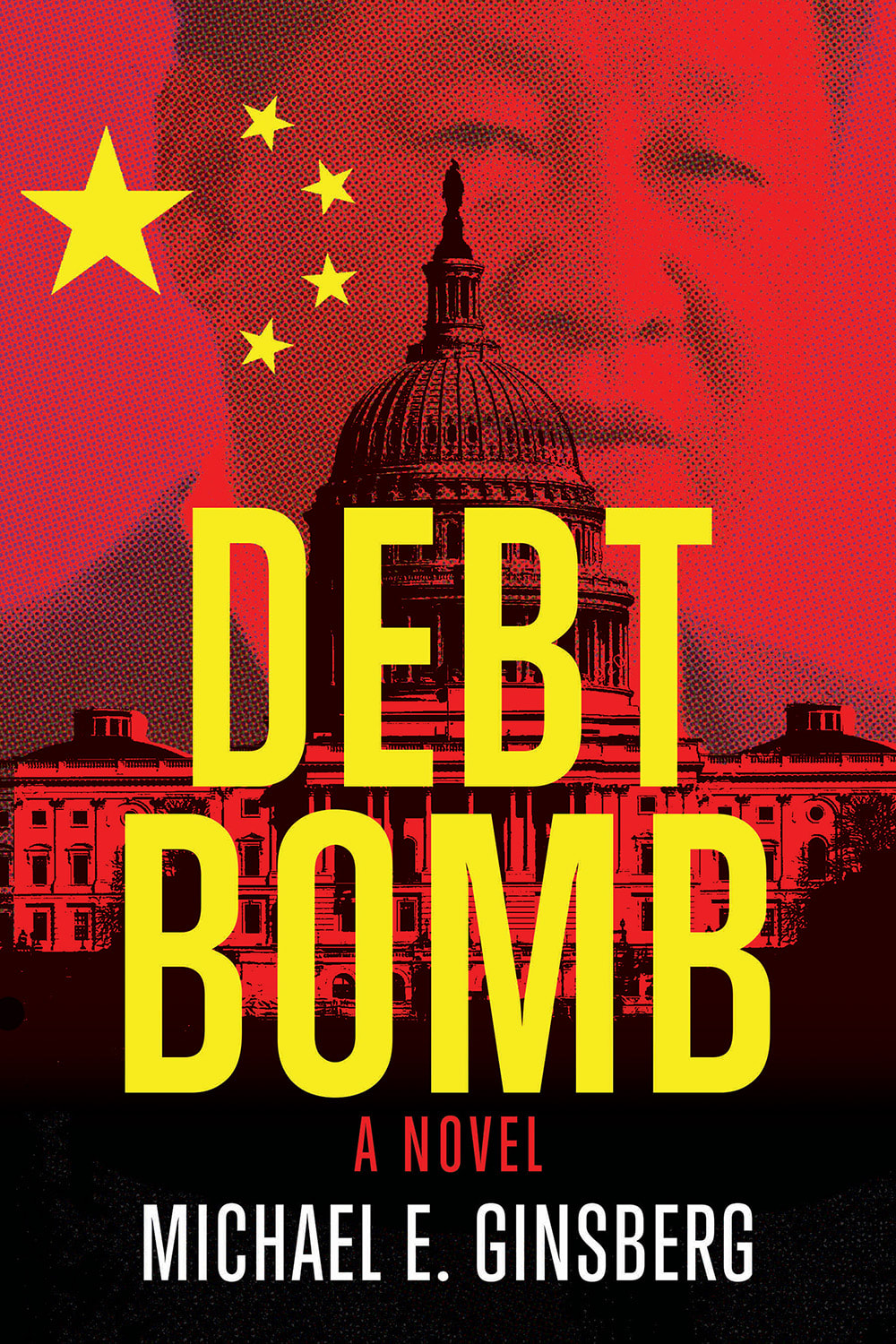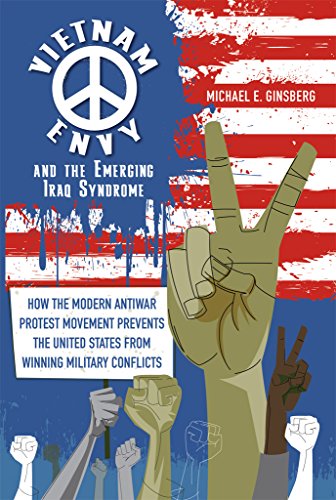debt bomb - a novel
|
A political thriller, tied in to real events, about an apocalyptic threat to American that is ticking remorselessly in the background while Americans continue their daily routines, oblivious to the danger.
For years, China's spy agency has been watching the United States rack up trillions of dollars in debt, waiting for the right moment to weaponize that debt to collapse the American government and install a Communist puppet regime. At the same time, suburban accountant Andrea Gartner has been watching in horror as the national debt has grown uncontrollably. Despite her leadership positions in the Republican Party of her native South Carolina, her warnings have fallen on deaf ears. When the United States elects President Earl Murray in a shocking upset, he brings Andrea into his government as budget director to solve American's debt problem. But before the nameplate is even installed on her office door, China strikes, engineering an American debt crisis that brings the country to the brink of collapse. Government operations come to a screeching halt. With the American hegemon on its knees, China violently seizes the opportunity to fulfill its territorial ambitions in Taiwan and the South China Sea. Thrust into the rapacious, cutthroat world of American politics and surrounded by crises on all sides, Andrea begins a desperate effort to save the United States. Arrayed against her are cynical politicians and belligerent military brass, some of whom just might be secret Chinese agents. Will Andrea be able to keep the United States alive to fight another day? Or will America drown in a sea of red ink at the hands of the Chinese and see its democratic government replaced by a Chinese Communist puppet regime? American life as we know it is about to be obliterated by a debt bomb. And the only person who can save the country is a suburban accountant. |
Available now
Vietnam Envy and the Emerging Iraq Syndrome
|
During the Vietnam War, an influential antiwar movement developed that eroded the credibility of and support for the war, created a propaganda template for those who oppose any American military campaign, and affected the United States’ ability to project power for decades.
Vietnam Envy and the Emerging Iraq Syndrome is author Michael E. Ginsberg’s exploration of how the lingering Vietnam War protest dynamic undercut the United States’ ability to fight the Iraq War. The antiwar movement prevented policymakers from taking steps necessary to secure a lasting victory in Iraq and produced an emerging Iraq Syndrome—a post-Iraq reluctance by policymakers to credibly threaten and, if necessary, use force to protect American interests. Ginsberg argues that a segment of Americans, from students and Sixties protestors to pop icons and journalists, are inclined to oppose any US military actions to recreate the antiwar culture of the Sixties and follow the Vietnam protest template. |












